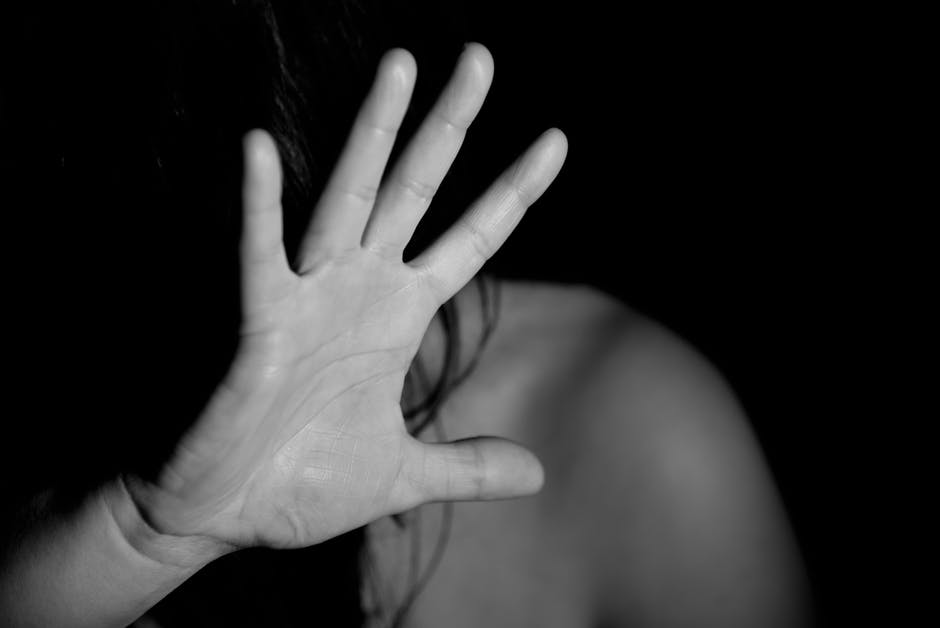Dance Talk
Our dance season never ends. Learn dance tips from the best.
Addressing Body Image Issues Among Dancers


Your body image is the way in which you perceive yourself. Unfortunately, in the world of performance arts, many dancers suffer from a negative one. If you or one of your students is facing this issue, there could be any number of causes. For instance, it can stem from a dance teacher early on telling a dancer she looks chunky in her dance shorts. Or it could be the result of comparison; one dancer who doesn't necessarily fit the mold of the "dance type" in terms of her body comparing herself to other dancers and not feeling like she's measuring up.
Whatever the case for you or your dancers, body image issues aren't only prevalent in dance, but in our society as a whole. There are many reasons for this. For instance, today's advertisements often feature models who are air-brushed to perfection, but not at all living in reality. Likewise, many girls are developing body image issues younger and younger as they see others making critical remarks about their body types.
And it's not just girls who suffer from the issue. More and more boys and young men are facing issues with a distorted body image. In fact, eating disorders are on the rise among both genders as society puts forth unrealistic and impossible-to-reach standards of what healthy and attractive bodies should look like.
It can certainly be an uphill battle. But, as the saying goes "knowledge is power." When you're noticing once of your dancers starting to struggle with more than just how they look in their dance shorts, but full-on body image issues, there are steps you can take to help them overcome it. Here's a look at a few of them:
Know the signs of a real issue.
Is a dancer really facing an issue with their body image, or are they simply having a bad day because their dance shorts feel tight? It's important for you to know the difference. Some red flags that it's, in fact, a body image issue include:
- Constant scrutiny in the mirror
- Avoiding mirrors altogether
- Making disparaging comments about their body
- Making frequent comparisons about their body to other dancers
- Extreme self-consciousness
- Belief that there is an abnormality or defect in appearance that makes them look ugly
- Refusing to be in pictures with fellow dancers
- Constant talk about being fat and a general over-concern with appearance
Meet privately, NEVER in front of other dancers.
In these situations, what you say is almost as important as how you say it. While it's imperative to express your concern, you must do so in a private and in a non-judgmental way if you don't want your dancer to get defensive and stonewall you. When you do speak to her, approach the conversation in a caring way, not in a way where she feels criticized. At the same time, it's important for you to be honest about what you're seeing and why you're worried about it. When you talk to her, some tips include to:
- Use "I" statements. Rather than saying "you're doing this," instead say "I see this behavior and I'm concerned about it because..."
- Stick to the facts. Be specific with examples of comments or behaviors you're seeing that are concerning to you.
- Be compassionate. Don't ever dismiss her thoughts or feelings. Always be caring with your approach to the matter. Remember, you're expressing your worry and concern here, not your judgement.
Be ready for defensiveness.
Even if you take the most caring, compassionate approach possible, your dancer will likely still get defensive. It's easier to deal with if you're prepared for it. Keep in mind, if she is facing body image issues, then she is likely in a great deal of emotional distress. She also might not think her perception of her body is poor or flawed. She really thinks there is something wrong with her.
However, you're doing the right thing (even when your dancer first reacts in a negative way). These can quickly escalate into dangerous eating disorders or other negative behaviors, such as over-exercising, that could put their life and their health at stake.
Offer healthy role models.
Many young dancers look to celebrities and singers as role models. However, many times, these are people who have entire teams of professionals who make them look good on an everyday basis. Not only that, but they have personal dieticians, trainers, and chefs on staff who can ensure they're always in the best shape possible. That's not realistic for the average dancer.
So it's important to talk to your dancers in order to give them some perspective. Also, offer them up some role models who don't necessarily fit the mold of the perfect dancer. For instance, Misty Copeland and Melissa Anduiza are leading dancers who are outspoken about the importance of self-love and rejecting the cookie-cutter ballerina shape.
Create a culture of good health; don't criticize how they look in dance shorts.
Beyond offering examples of positive role models to your dancers, it's also important to create an atmosphere of acceptance and appreciation of every different body type in your class. This can be tough since so much of dance focuses on appearance. However, make sure you're critiquing technique -- not weight or how a dancer looks in her dance shorts or jazz shoes -- when you are giving feedback to a dancer. It's also important to educate your dancers about good health and how it can impact their performance as a dancer. Discuss what their diet should look like, how often to exercise, the importance of enough sleep, and other self-care tips that can keep them in great shape.

Get help for those who need it.
If you have a dancer who you're concerned about, then consider taking the issue to a parent or professional to get additional guidance and support. Your dancer will likely be angry with you for discussing the problem with someone else, especially if it's their parent. However, keep in mind that you're doing what's in their best interest.

Follow Us
Follow Us online, join our conversations, engage with our teams around the world!